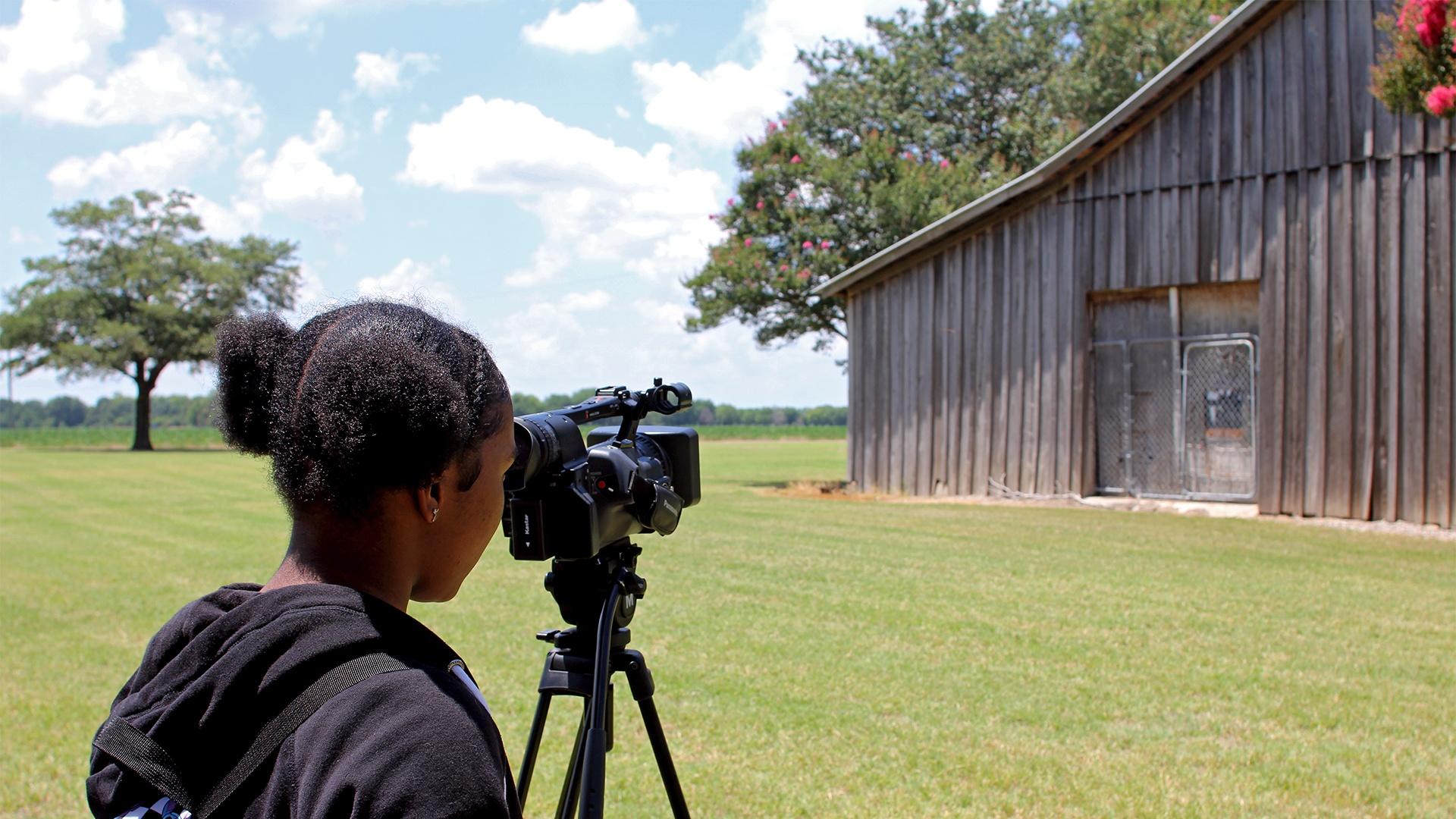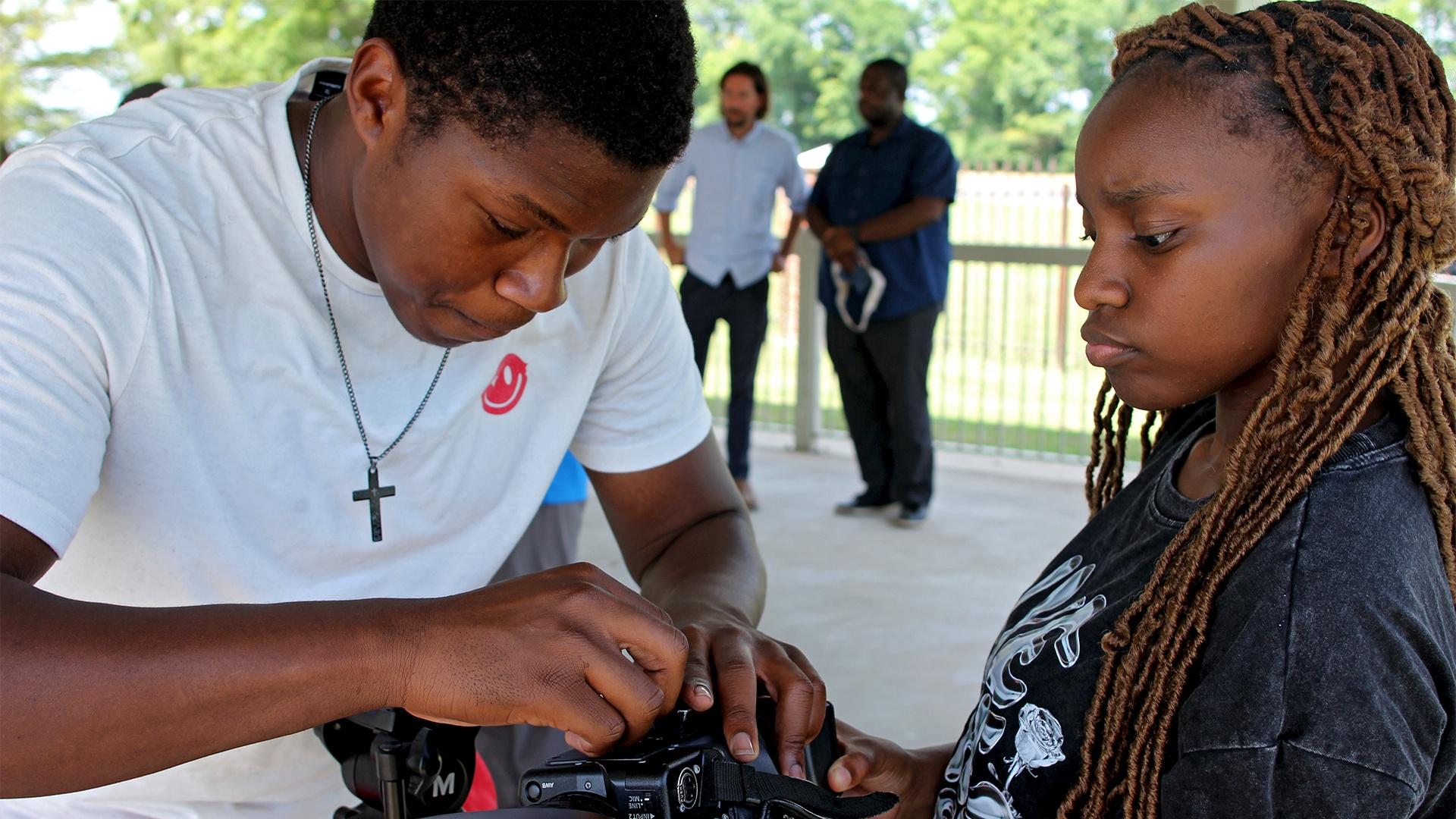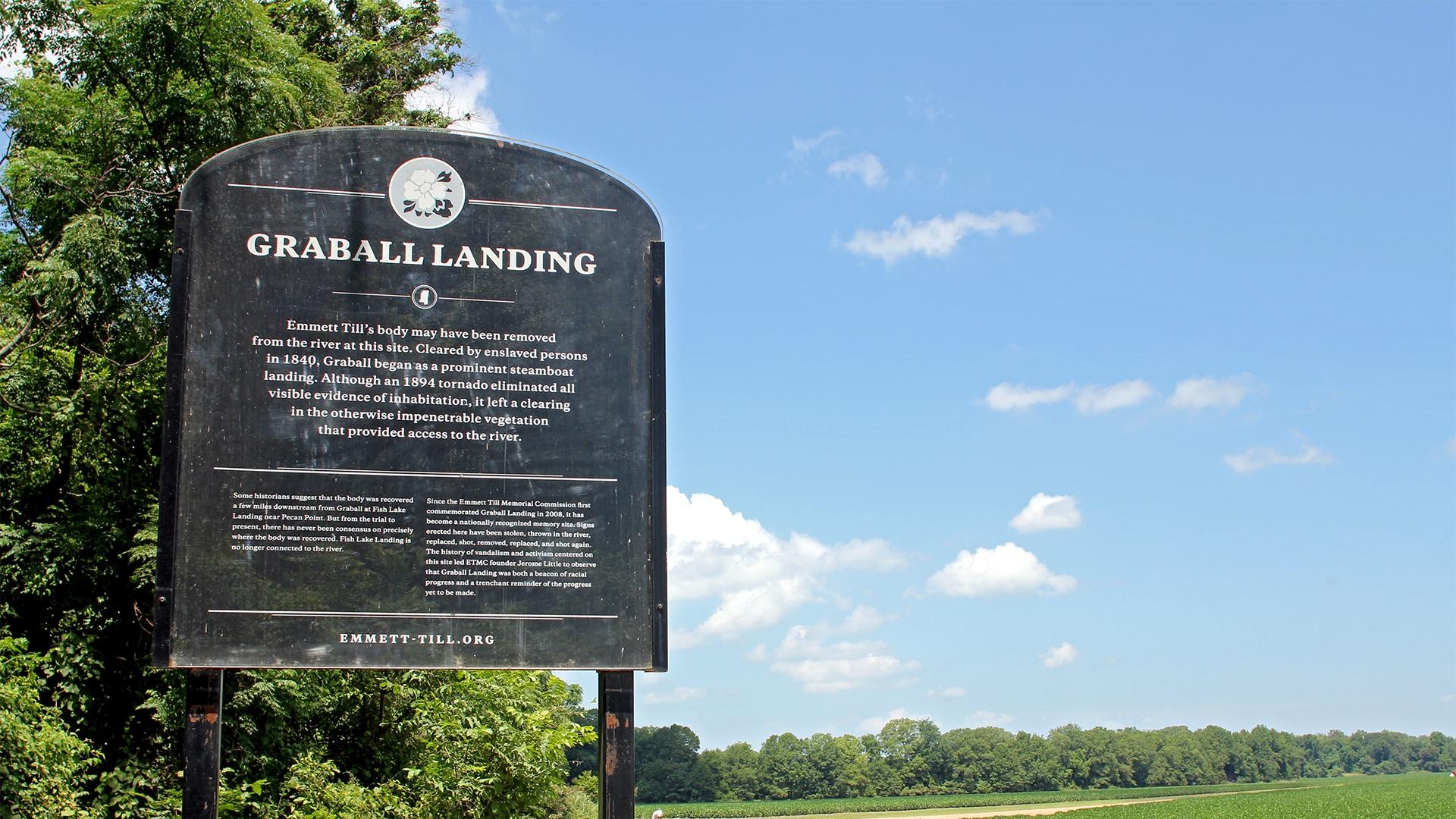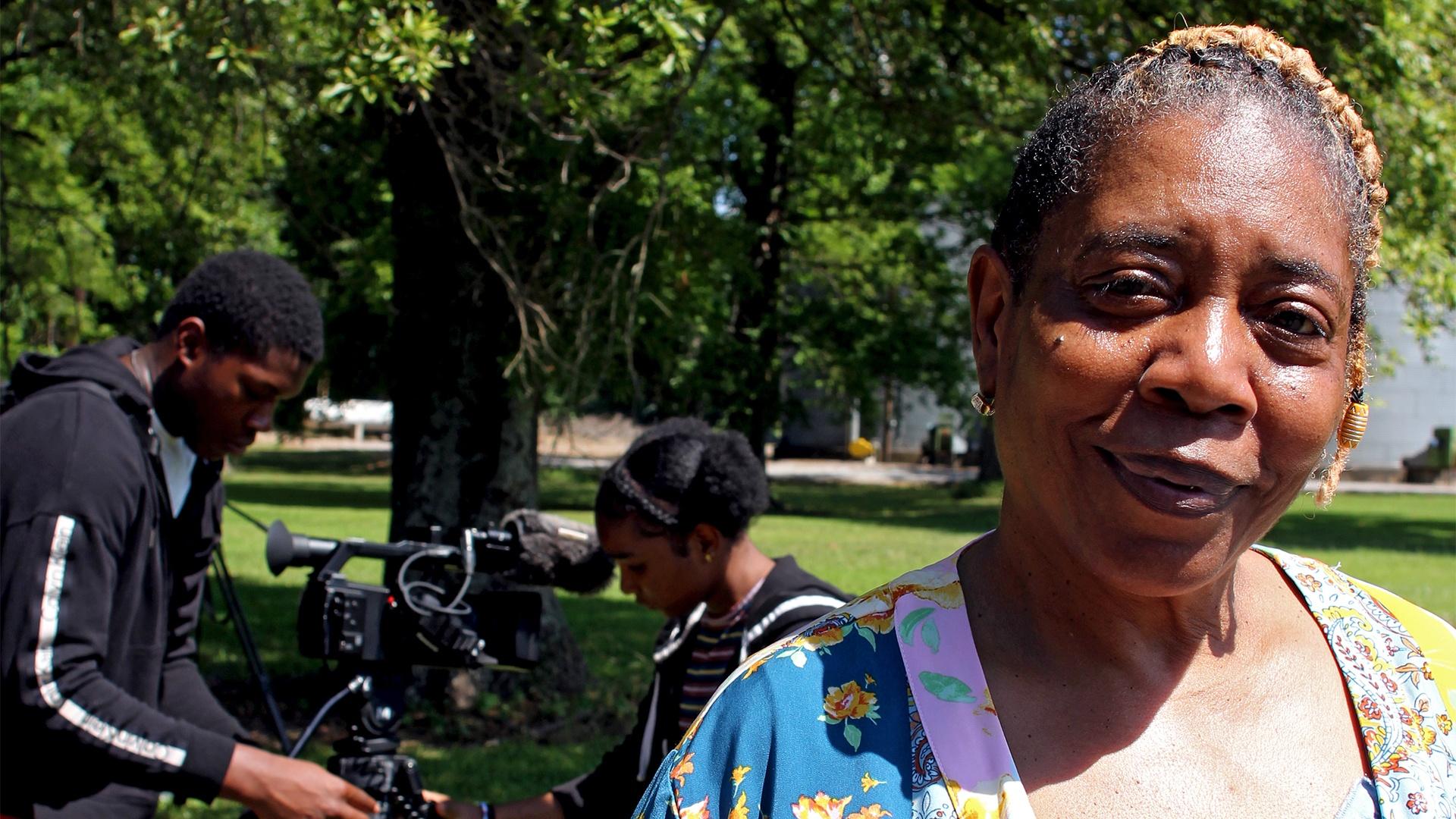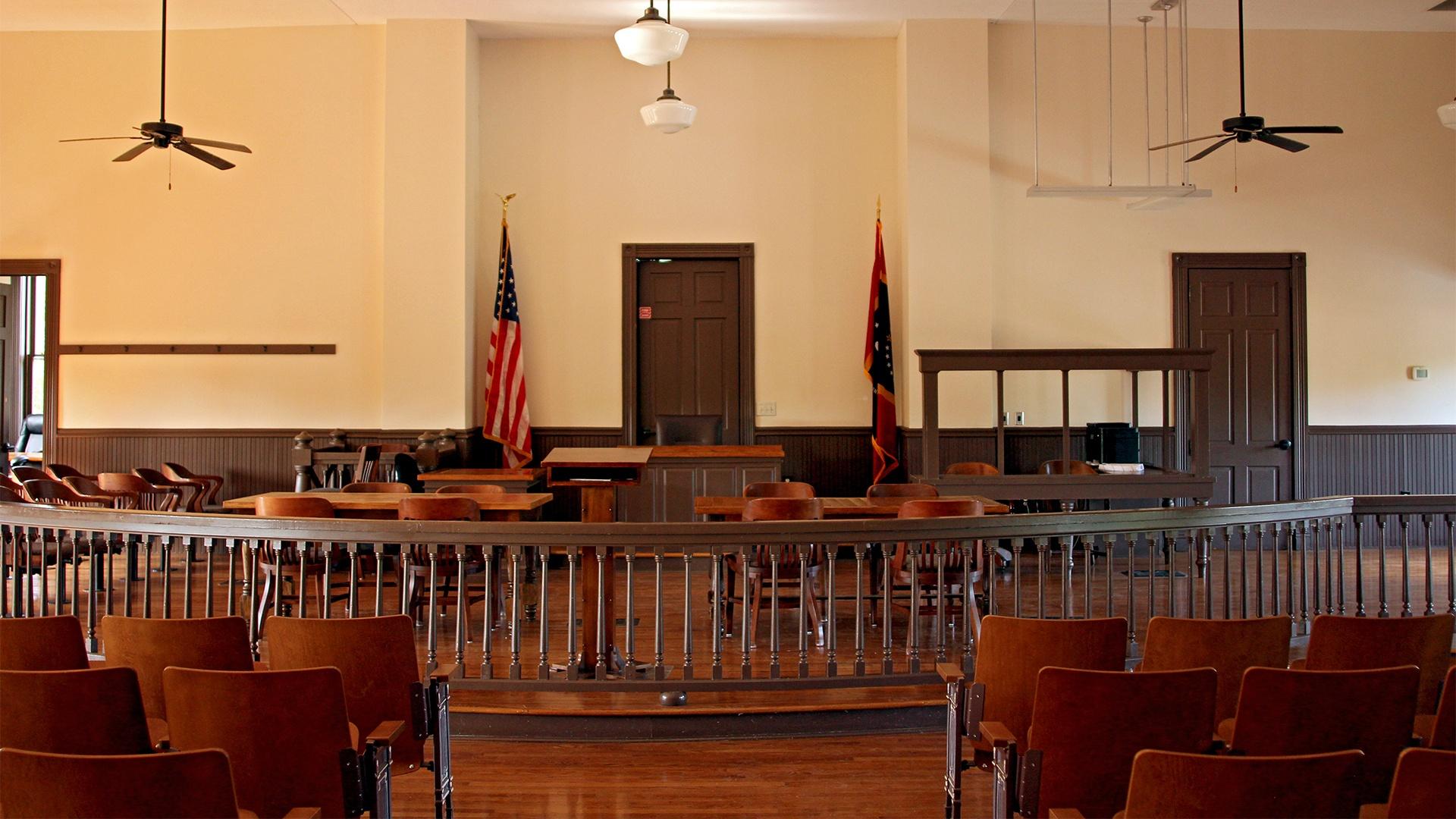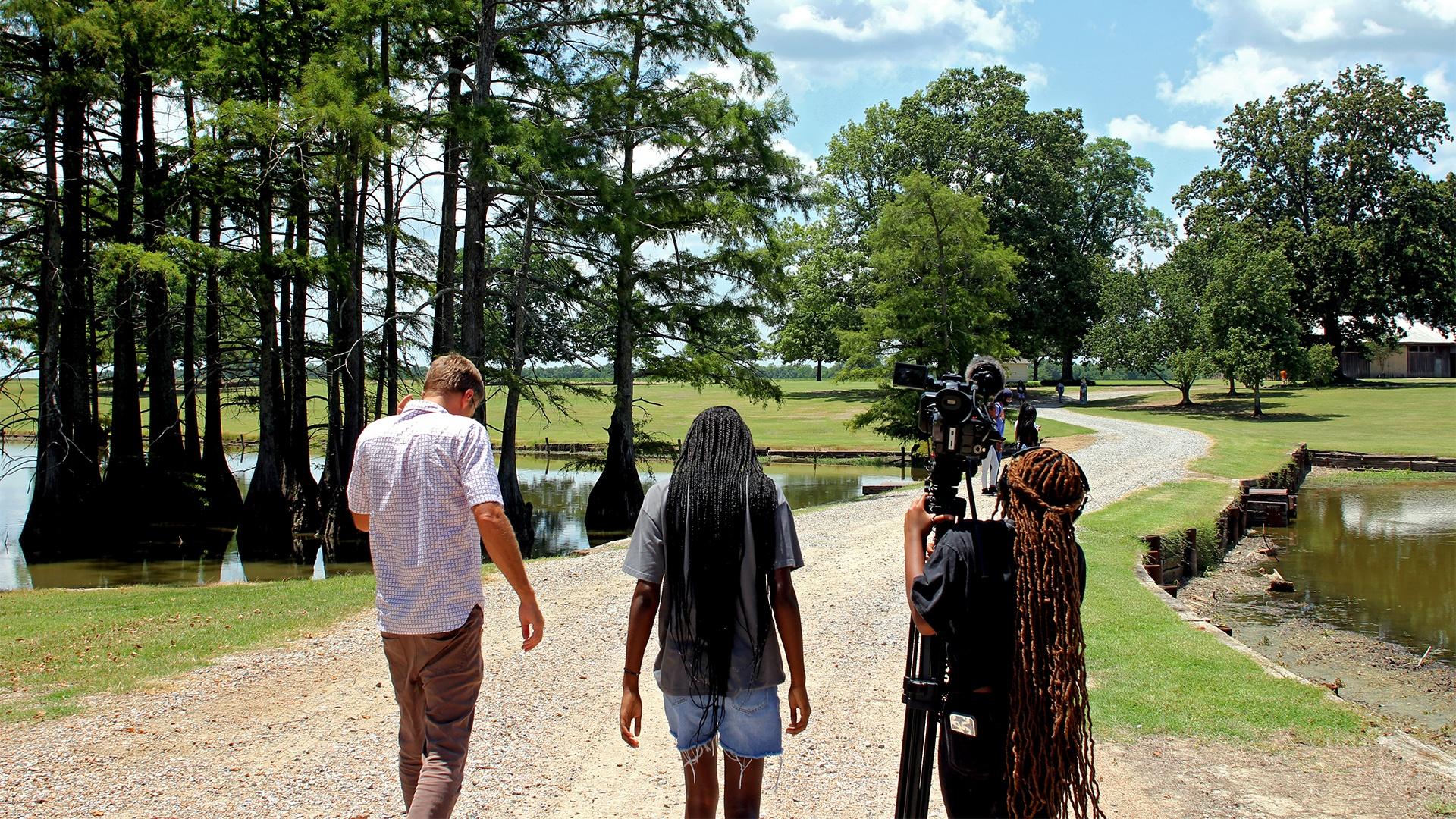Students pile out of a bus in Drew, Mississippi, with notepads and cameras tucked under their arms. This stop, on a hot Friday afternoon in June, is the third of many throughout the quiet farming region.
One student, Amari Smith, listens intently to her instructor as she carries a tripod to the edge of the nearby pond. She angles her camera at the surface, at cypress trees covered in soft green algae, and presses the red circle on the side. As she records, a drone circles overhead, sweeping across the expansive property, where Emmett Till was murdered nearly 70 years ago.



